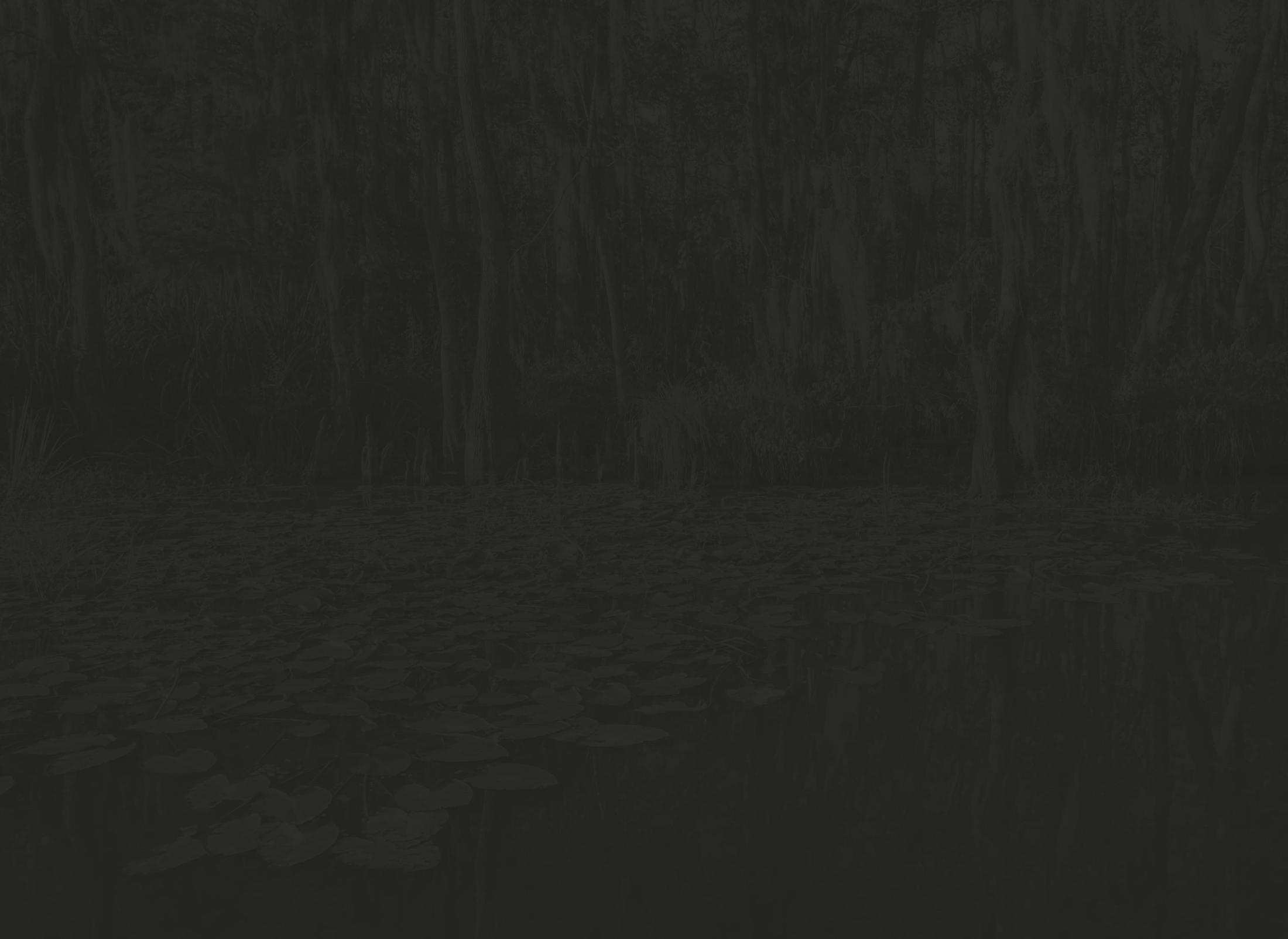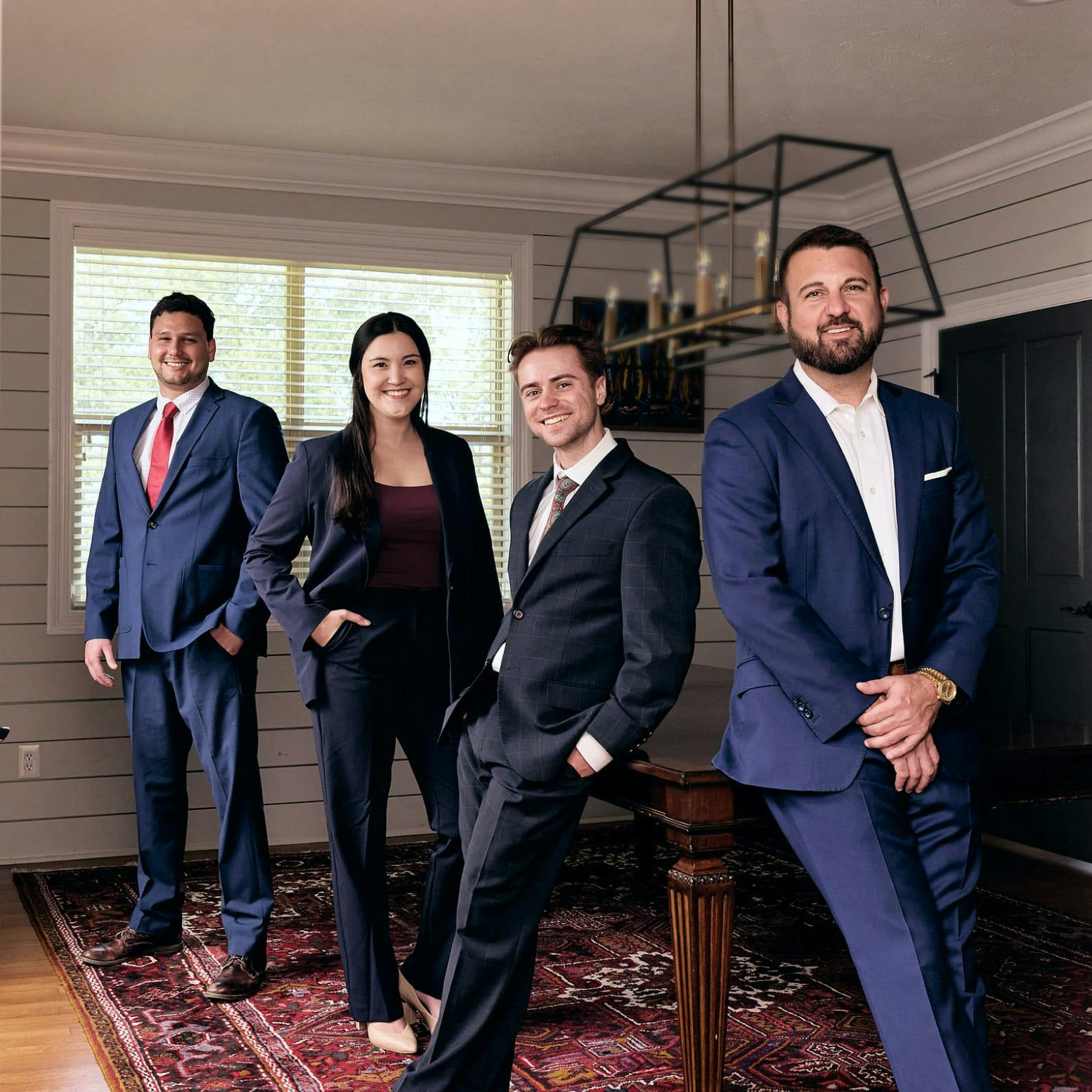Dashcams Explained
A dashcam is a small video camera that you mount to your vehicle’s dashboard or windshield. The typical dashcam will record what occurs in front of you. As long as your vehicle is in gear, most dashcams will be recording.
In addition, some of the more intricate models also record interior audio and video, feature rear-facing video, show on the rearview mirror, or stream directly to the internet.
Keep in mind that dashcams don’t play favorites. If you’re involved in a wreck and someone else is at fault, the camera will record it. However, if you’re the driver responsible for the accident, the dashcam will record that, too.



